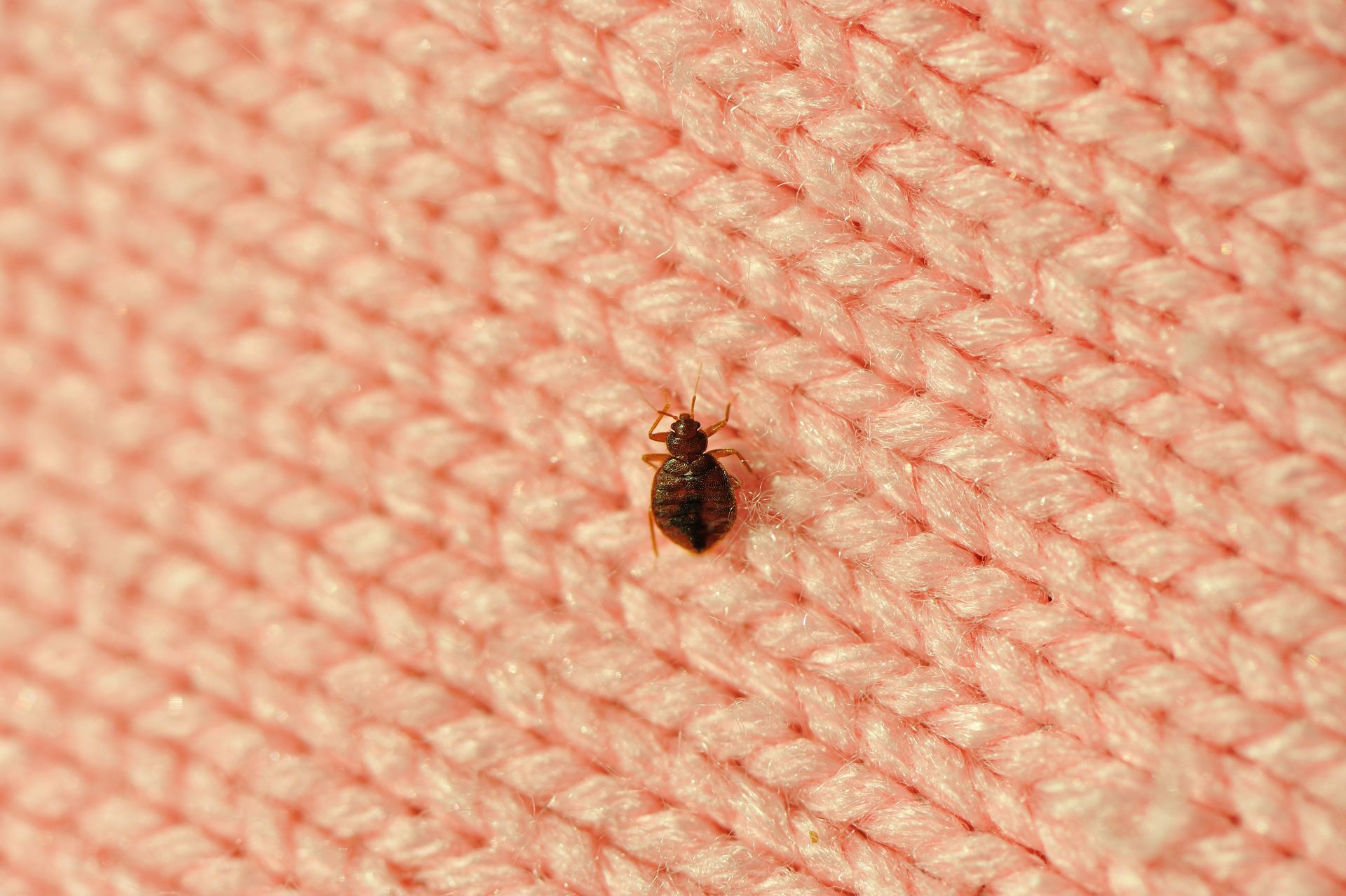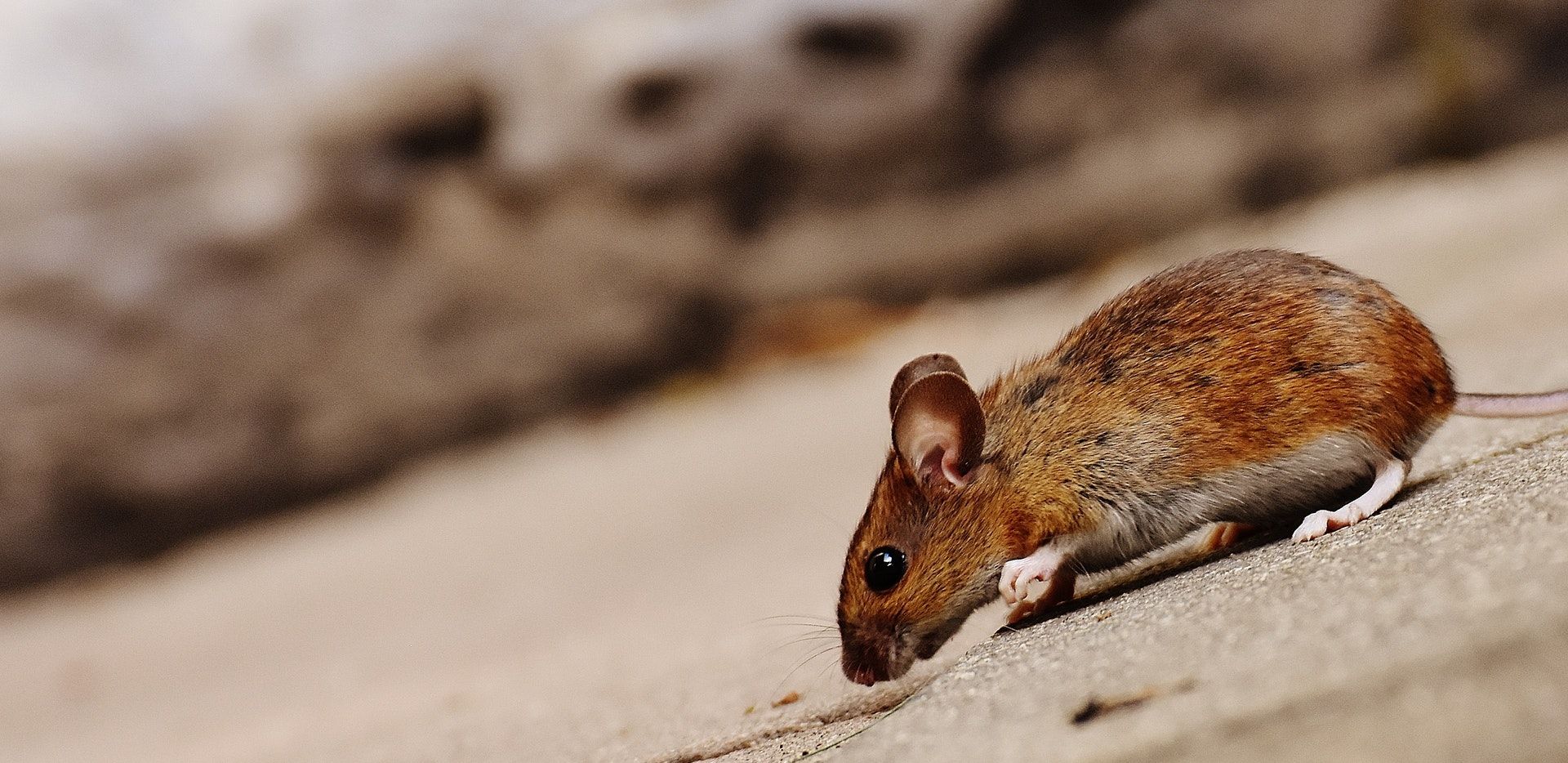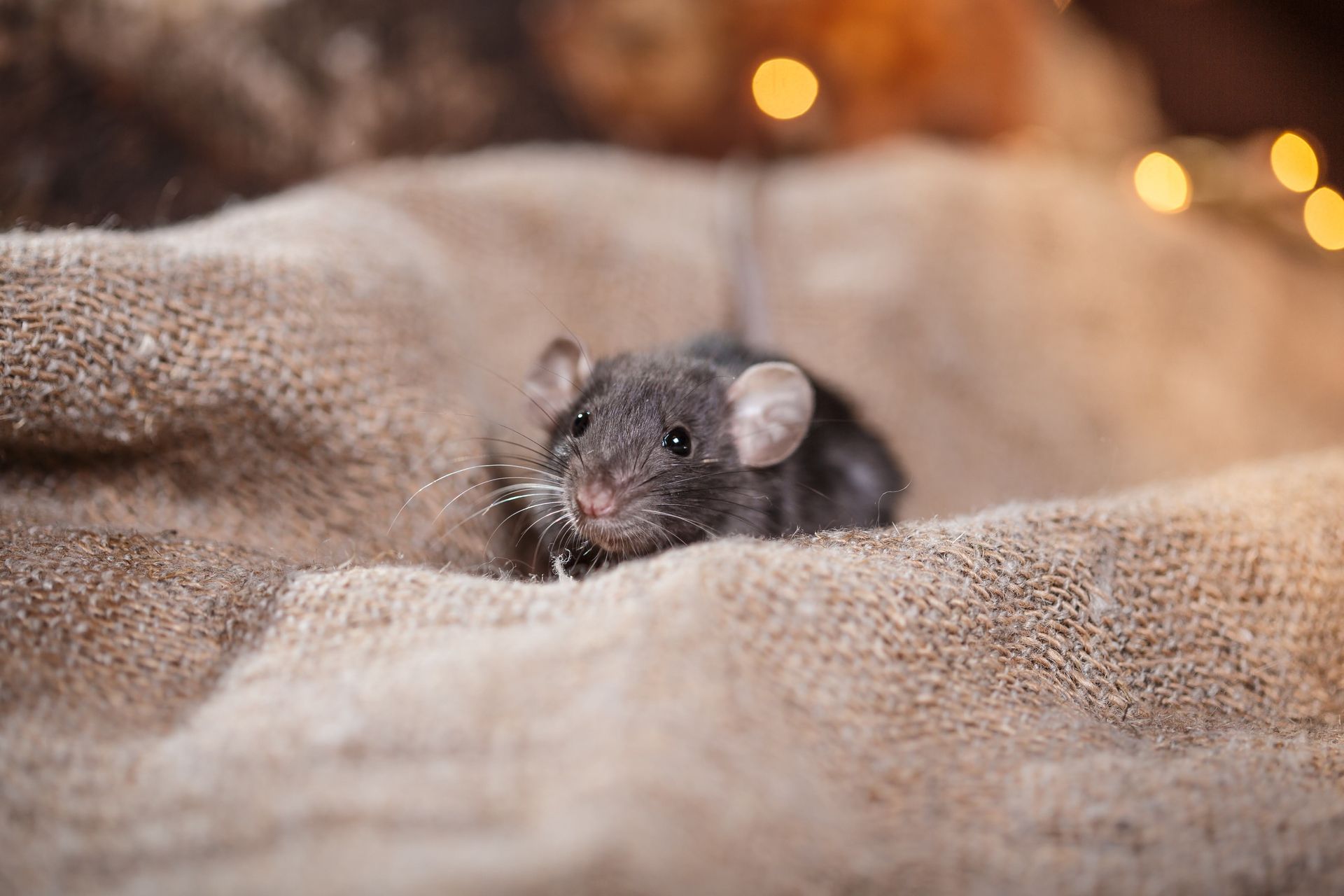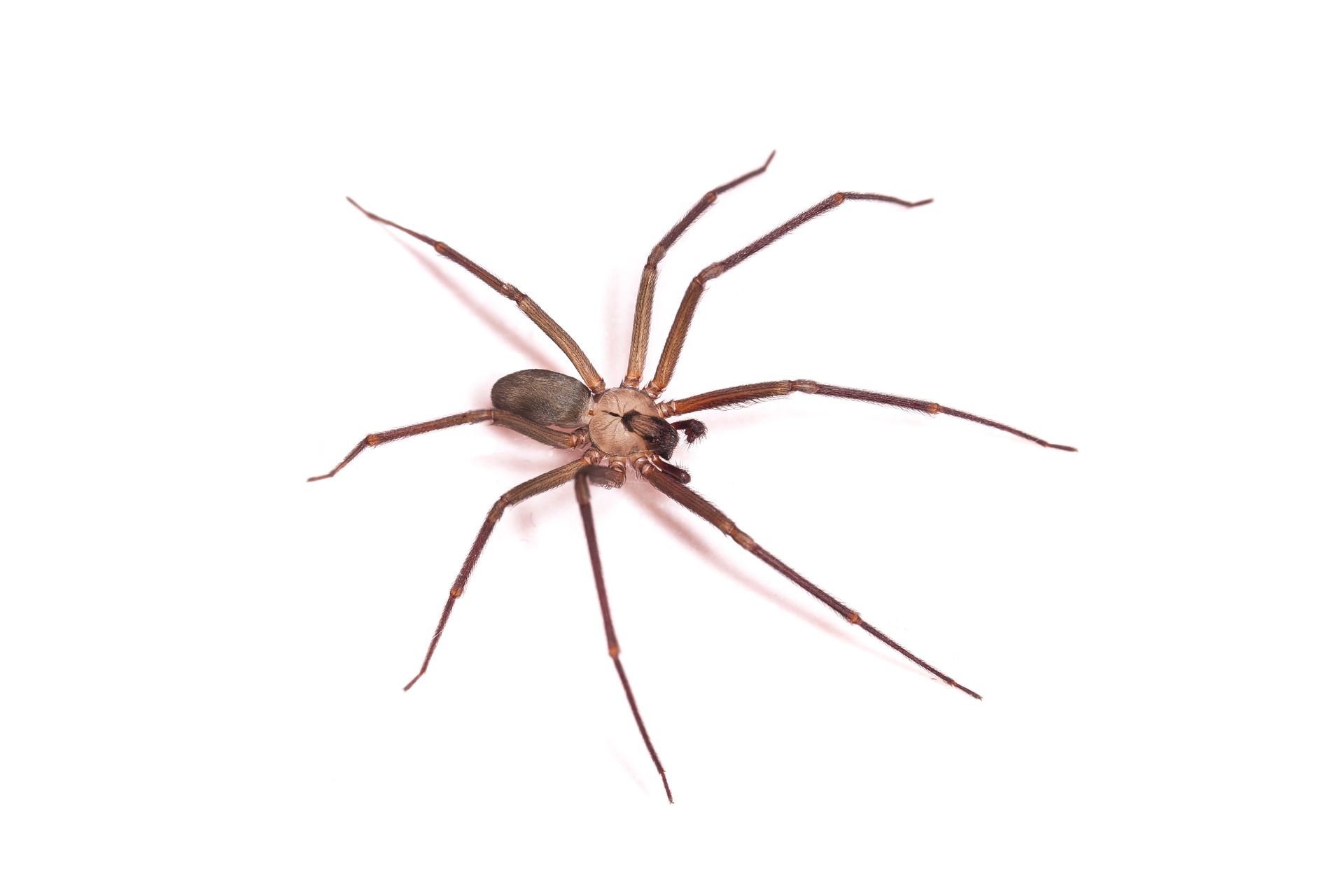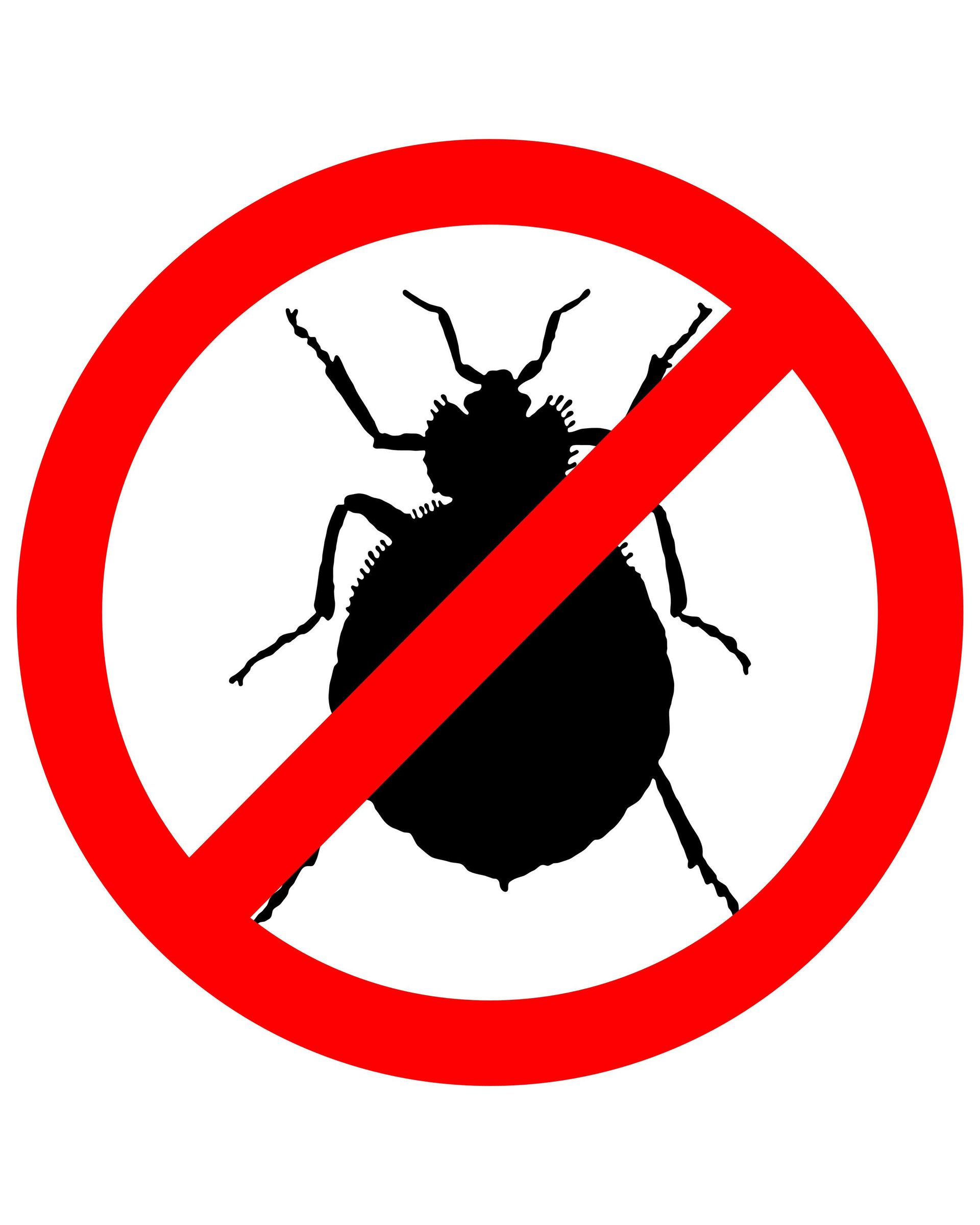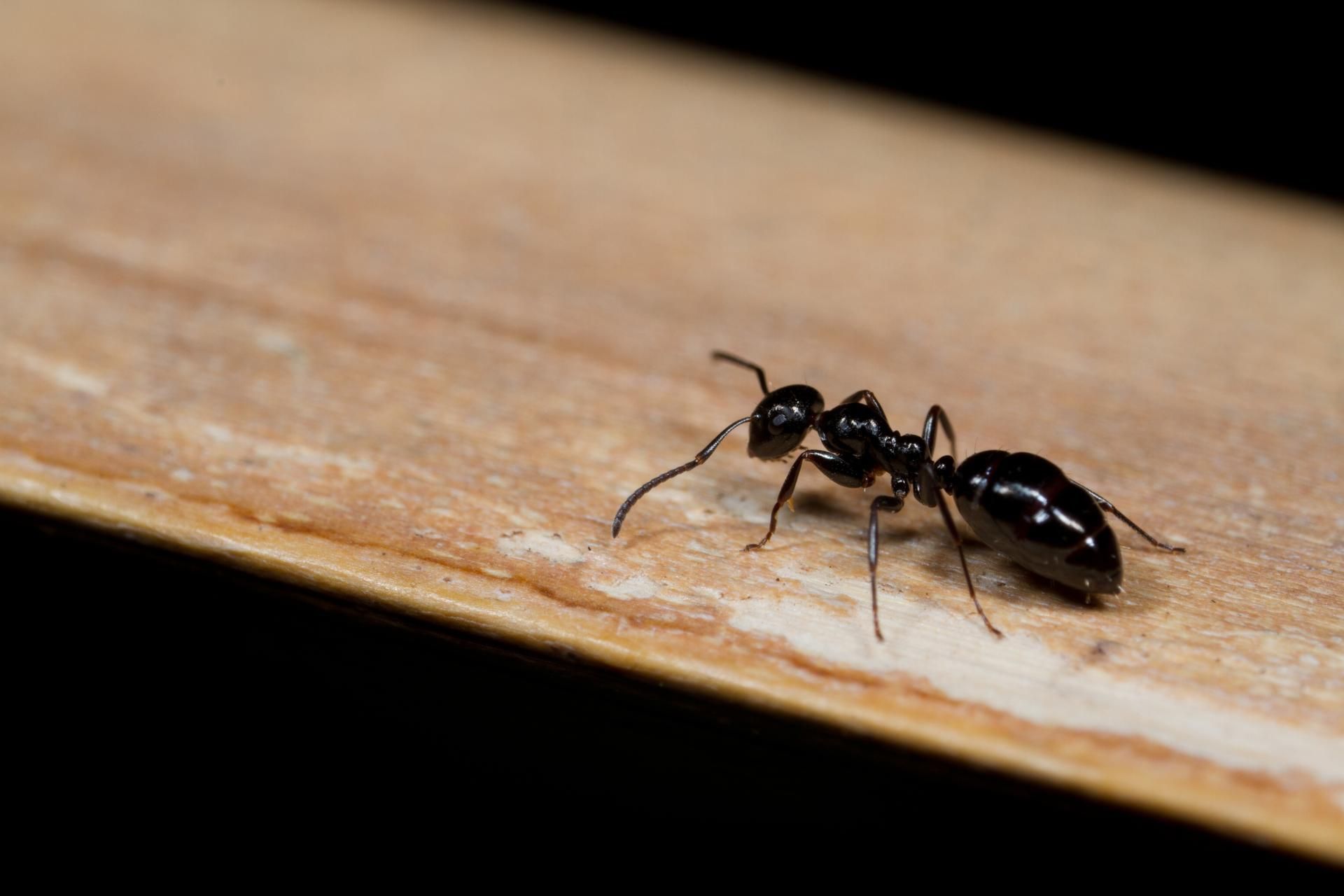4 Things You Didn't Know About Mouse Infestations
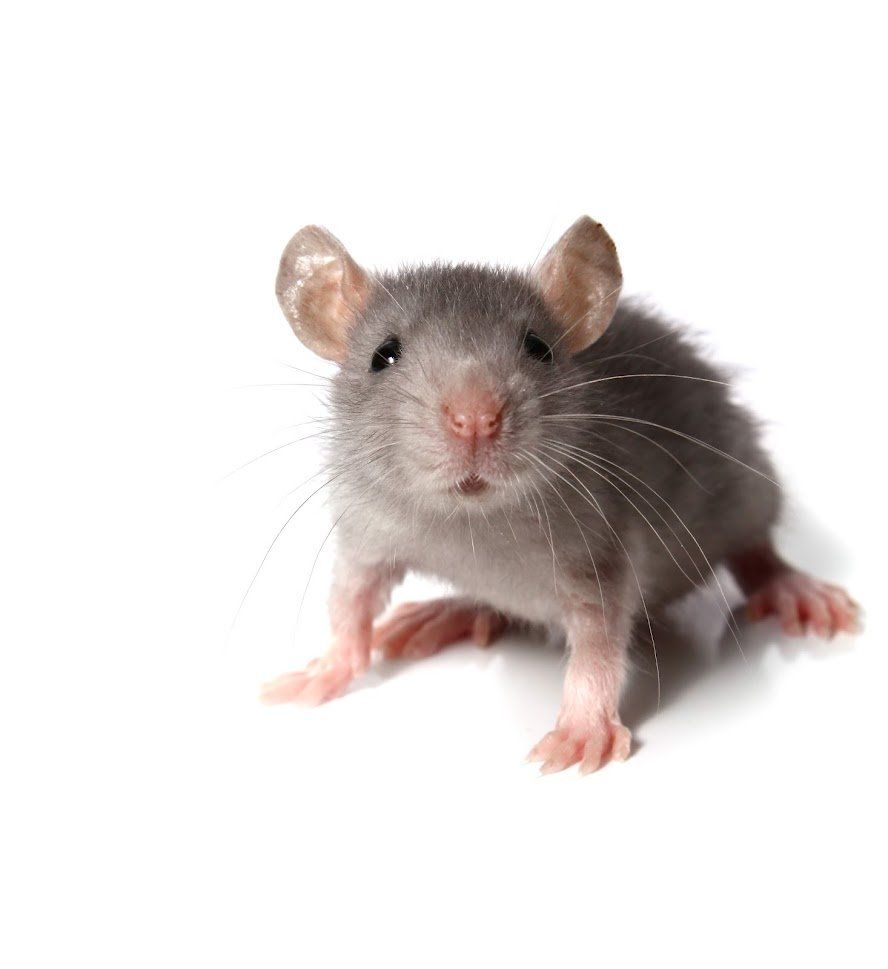
Rodent infestations can be a homeowner's worst nightmare. Unfortunately, mice have perfected the art of sneaking into homes and hiding in hard-to-find places. If you have a mouse infestation, responding to the problem on time will be critical.
An effective response starts with understanding how mice behave. Yet, few people are aware of a mouse's lifespan or breeding patterns. Discover four interesting things to note about mouse infestations in your home.
1. Mice Are Highly Fertile All-Year Round
What makes a mouse infestation challenging is that mice are highly fertile. A female can give birth to as many as 60 offspring during the year, with each litter having about six to eight offspring.
Mice can also remain fertile for longer when inside the warmth, safety, and comfort of your home. The average lifespan of an outdoor mouse is only one year compared to two years for indoor mice.
Therefore, if you see one or two mice running across your kitchen, basement, or attic, more are likely lurking in the shadows. And if you end up with a pregnant female, the mouse infestation could multiply.
Dealing with an infestation during the early stages will help you avoid large numbers of mice in your home. Furthermore, the longer mice reproduce, the more places they will hide. Make sure you consult a pest control service if you suspect any signs of a mouse infestation.
2. Mice Like to Hide Inside of Walls
Mice hide in many places. From cluttered kitchens to garages and basements, keeping up with mouse hiding places can be a headache. However, a favorite hiding spot for mice is inside your walls.
Mice like to build their nests near warm, hidden areas, and the insulation in your walls provides plenty of warmth. Mice can also chew through wiring and weakened floorboards as they search for a place to nest. The mice hiding inside your walls are much harder to find, which gives them more time to breed and cause damage to your home.
3. Mice Aren't Good at Covering Their Tracks
As challenging as mouse infestations can be, these rodents aren't very skilled when sneaking around your home. If you keep a keen eye and your ears open, you can detect the mice living inside your walls. Watch for the following signs:
- Scratching sounds inside your kitchen or living room walls
- Bite marks along floorboards, outlets, and packaging materials such as cardboard
- Droppings the size of small, black pellets near corners or along baseboards
If you notice any of the signs above, contact a pest control company so they can carry out a full inspection.
4. Rodenticides Aren’t Always Necessary to Get Rid of Mice
Rodenticides aren't always the best solution to mouse infestations. If you have young children or pets, you may be worried about the potentially harmful effects of chemical-based rodenticides.
While some pest control companies will use rodenticides, the true alternatives are exclusion and traps. Exclusion is a way to keep the mice from entering your home by blocking and/or eliminating their entry points. This could involve replacing or repairing window or door screens or eliminating openings around wires and pipes that enter your home. While most people are familiar with snap traps, glue and humane traps are two other types that can also be used.
Mice are pesky rodents that could affect the health and safety of your home. By understanding how mice behave, you can detect infestations early. Furthermore, don't hesitate to contact a pest control service as soon as you notice signs of mice on your property. At Pass Pest Control, we work closely with each customer to develop a pest control plan that suits your needs.

